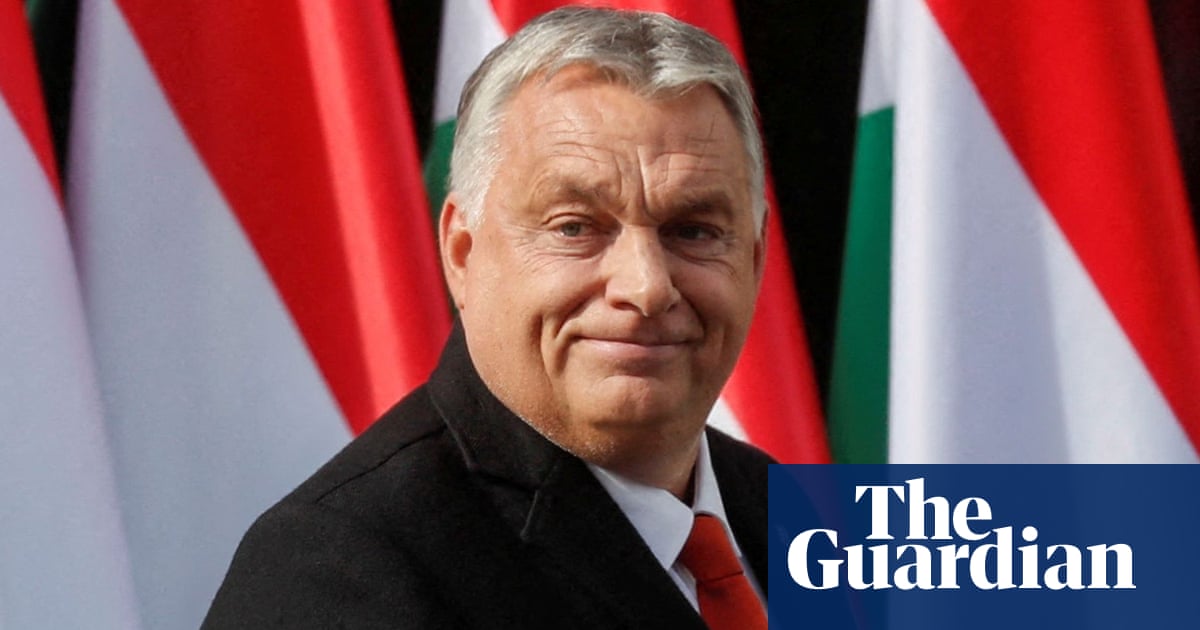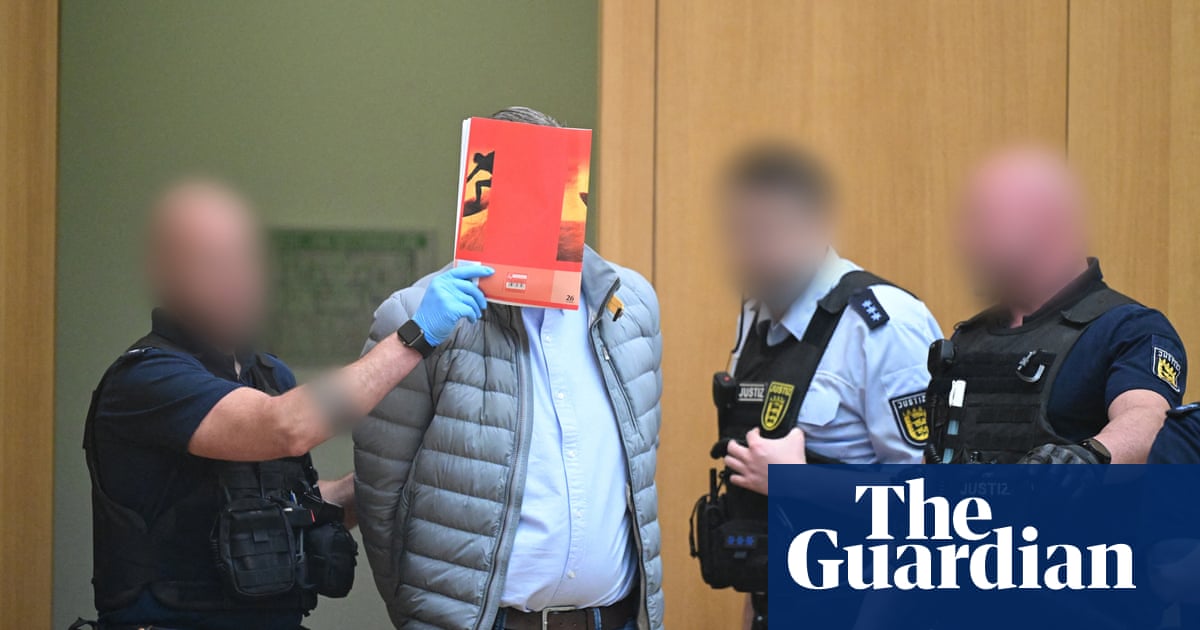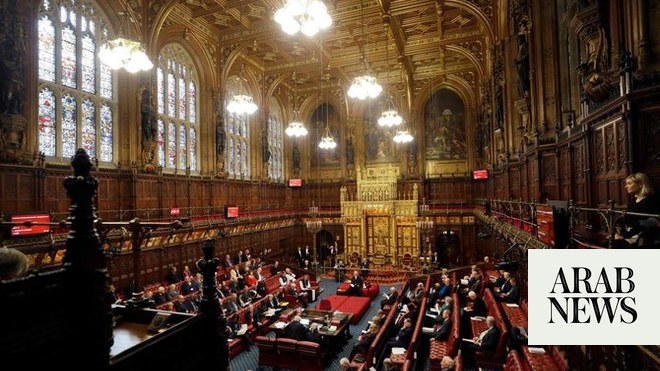
Far-right groups in Germany including Covid vaccine opponents and supporters of the rightwing, populist AfD party are reportedly attempting to win support by offering assistance to salvage operations in flood-stricken parts of the country.
About 30,000 people remain homeless or without water and electricity in large parts of the states of North Rhine-Westphalia and Rhineland-Palatinate as a result of the floods that devastated swathes of Germany just under two weeks ago.
An investigation by a team of reporters on the ground for the news weekly Der Spiegel found that social media channels operated by the so-called Querdenker (lateral thinker) organisation, which includes vaccination opponents and preppers (people who prepare for catastrophic events), have put out calls for helpers to travel to Ahrweiler in Rhineland-Palatinate, one of the worst-hit areas.
According to the report, the groups say help is needed because official organisations such as the fire brigade, police, the army and the voluntary Technisches Hilfswerk (THW) brigade are failing to provide sufficient help and are even hindering attempts by volunteers to get to the scene.
On top of clean-up operations, the groups are reportedly offering to help with childcare and delivering medicines and warm food. “Volkskraft voraus” (people power to the fore) is among the slogans being used.
Some activists have reportedly taken to turning up at the disaster scene in vehicles and fake uniforms making them appear to be either members of the German military or the police.
Reporters spotted a car painted in white and blue markings strikingly similar to a standard police car, but badged as a “Peace Vehicle”. Via a megaphone, one of the passengers made the announcement that they had come to help out because the number of official rescue workers was being wound down – a claim the police and other emergency services have flatly denied.
Many of those affected by the flooding are not in a position to question the activists’ allegations because power is still down, making access to the internet or mainstream media difficult.
Officials in Ahrweiler and other affected towns have been reluctant to comment, not least because so many people have stepped in to help with the clear-up operations, a large number of whom have sacrificed their holidays to do so.
Sabine Lackner, the deputy head of THW, said many of its 6,500 volunteers had “physically and psychologically reached their limits”. They were on average working 12-hour days, she said, and she expected they would be working at full capacity for weeks to come.
“We’re in discussion with the authorities about which bridges with which priority have to be rebuilt,” she told Der Spiegel, “and about precisely what we can do, until the professionals – many of whose businesses have been affected – are able to work again. Everything has been destroyed.”
She said attempts had been made by activists to intimidate THW volunteers by filming and photographing them “and claiming that state bodies are doing nothing to help the people and only they are doing anything”.
“The THW has entered villages after days in which they have been cut off, and experienced residents who are really angry because they have the feeling no one is taking care of them. That I can understand,” she said.
Lackner said the anger had much to do with the sheer scale of the challenges being faced. In 20 years of dealing with floods and other catastrophes, she said: “I have never experienced anything as bad as this.”












